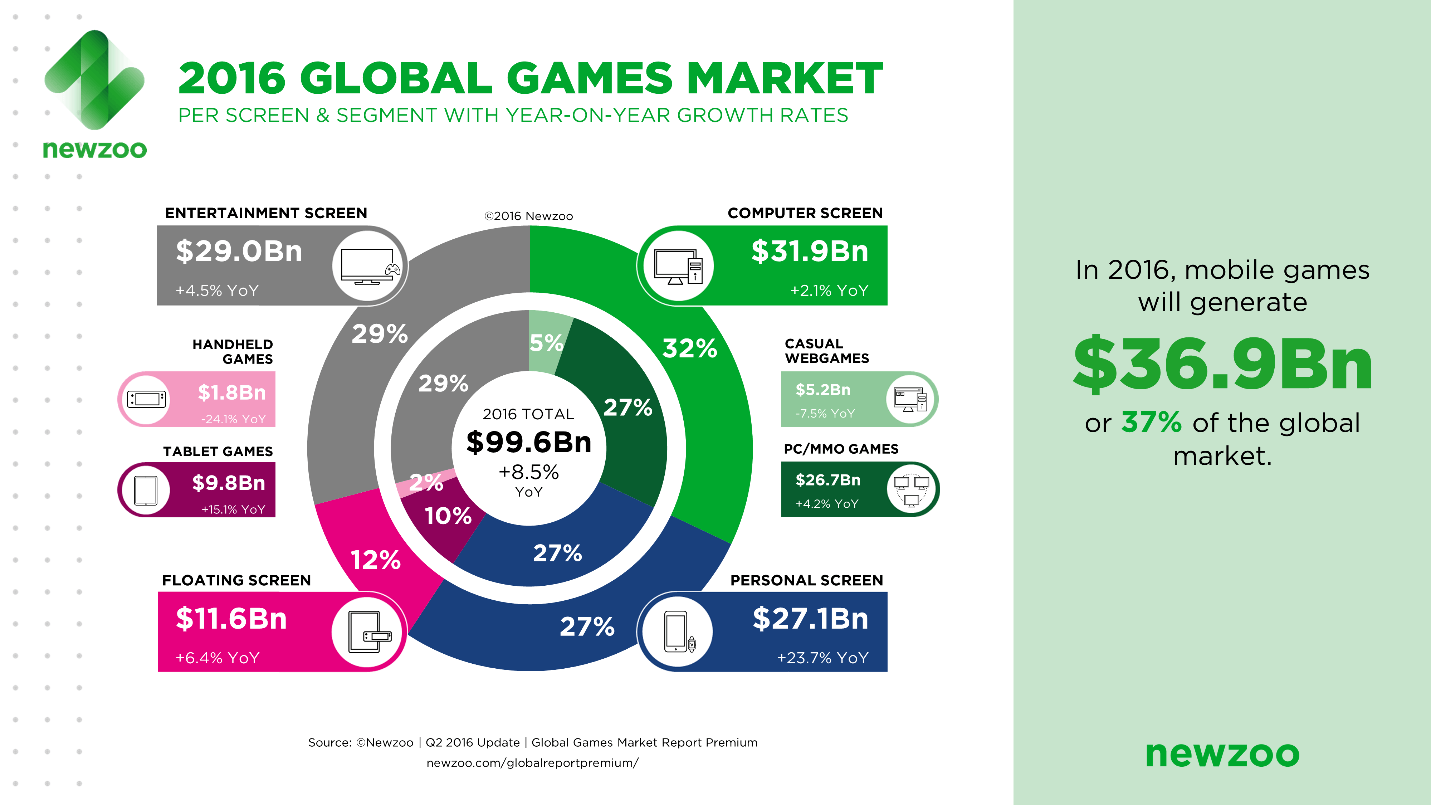CamiForm: Your Source for Diverse Insights
Exploring a world of information across various topics.
Crafting Digital Gold: The Fascinating World of User-Generated Gaming Markets
Discover the exciting realm of user-generated gaming markets and how players are turning creativity into digital gold! Dive in now!
Exploring User-Generated Content: How Gamers are Shaping the Future of Virtual Economies
The rise of user-generated content (UGC) within gaming has revolutionized not just how games are developed, but also how virtual economies are structured. Gamers are increasingly taking on the role of creators, crafting new levels, characters, and even entire worlds that enhance the overall gaming experience. User-generated content is pivotal in shaping unique gaming environments, allowing players to express their creativity while simultaneously influencing the game's economy. As a result, developers are now recognizing the value of integrating UGC into their monetization strategies, thus fostering a symbiotic relationship between gamers and game developers.
As these virtual economies evolve, both in-game and real-world financial transactions are significantly impacted by the contributions of gamers. For instance, platforms that enable players to buy, sell, and trade user-generated items have emerged, creating new marketplaces that can rival traditional economic systems. This trend highlights a crucial intersection between gaming and economics, demonstrating how players are not just passive participants but active stakeholders in shaping the future of gaming. Ultimately, as UGC continues to flourish, it is essential to explore its implications on virtual economies and the broader digital landscape.

Counter-Strike is a popular tactical first-person shooter game known for its team-based gameplay. Players can join various modes and compete in matches where strategy, teamwork, and quick reflexes are crucial to success. For those looking to enhance their gaming experience, using a daddyskins promo code can provide valuable in-game items and skins.
The Rise of User-Generated Gaming Markets: What You Need to Know
The rise of user-generated gaming markets has been a game changer in the world of digital entertainment. As technology becomes more accessible, players are not just consumers but also creators, leading to a vibrant ecosystem where innovation thrives. Platforms like Roblox and Steam Workshop have empowered gamers to design their own games, share them with a global audience, and even monetize their creations. This shift not only enhances the gaming experience but also democratizes game development, allowing diverse voices and ideas to flourish within the industry.
To fully understand this phenomenon, it's essential to recognize the significant advantages of user-generated content. First, it fosters community engagement, as players collaborate and provide feedback to one another, enhancing the overall quality of the games produced. Second, user-generated gaming markets can stimulate the economy; creative developers can earn a substantial income through their contributions, while companies benefit from an expanded library of games without the overhead of full-scale production. Embracing this trend could lead to exciting opportunities for both gamers and developers alike in this rapidly evolving landscape.
How User-Generated Content is Transforming Gaming: Opportunities and Challenges
User-generated content (UGC) is revolutionizing the gaming industry by empowering players to take an active role in the creation and evolution of their favorite games. Platforms like Steam and Roblox showcase the power of community-driven development, allowing players to design levels, characters, and even entire games. This not only fosters a strong sense of community but also increases player engagement and retention, as gamers feel a personal connection to the content they help create. Moreover, developers are beginning to recognize that embracing UGC can enhance their games' longevity, leading to a more dynamic and evolving gaming experience.
However, the rise of user-generated content brings with it a set of challenges that developers must navigate. Issues such as quality control, copyright infringement, and potential toxicity within gaming communities can complicate the integration of UGC into mainstream platforms. For instance, while facilitating creativity and self-expression is essential, ensuring that the content adheres to community guidelines and does not alienate other players is equally important. As the gaming landscape continues to evolve, striking a balance between fostering innovation and maintaining a safe and inclusive environment will be crucial in leveraging the full potential of User-generated content.